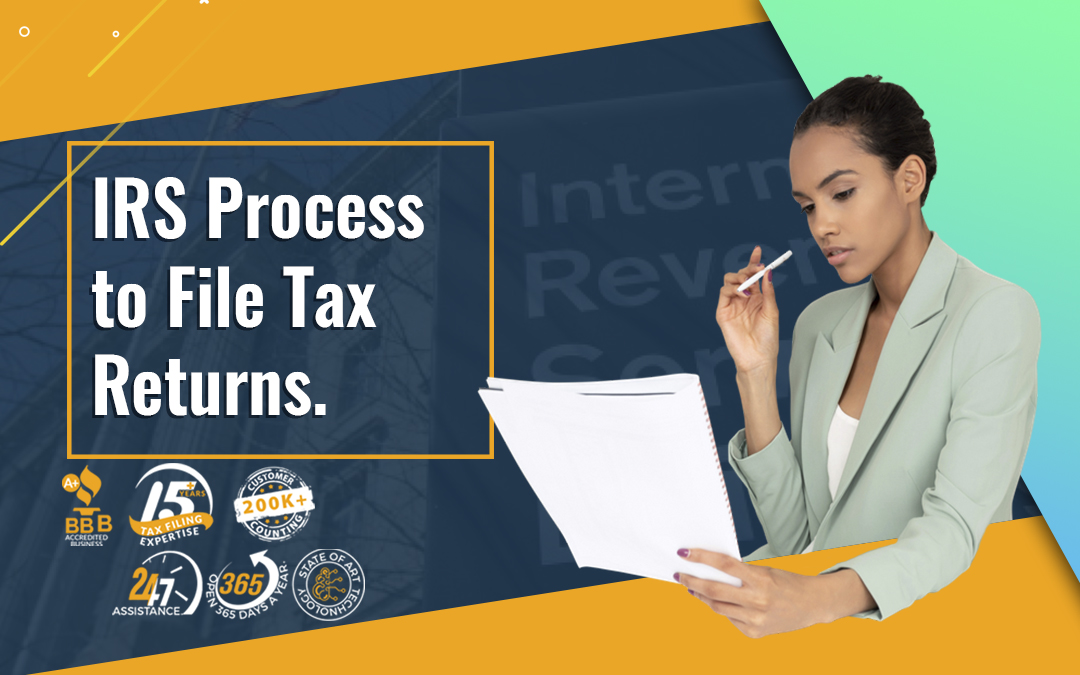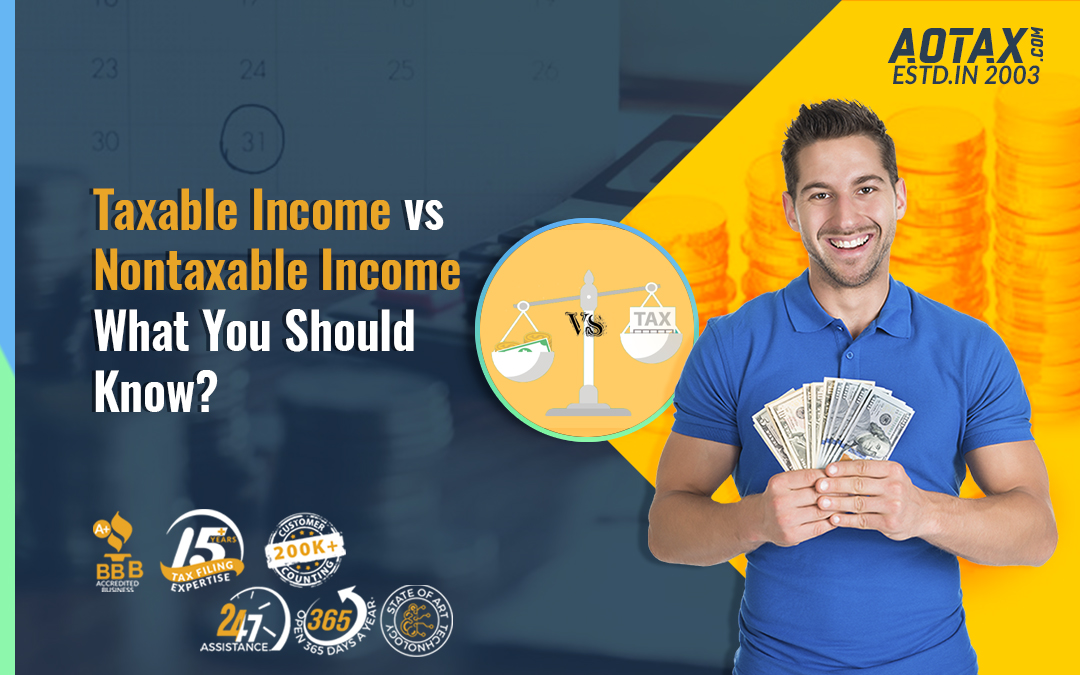
Taxable Refunds – It’s Details, Understandings and Taxable or Non-taxable
Taxable Refunds – It’s Details, Understandings and Taxable or Non-taxable
Taxable Refunds ,The tax system and all of its mechanisms can be confusing at times and difficult to comprehend for a normal person. But if you put in some effort in understanding the system, it doesn’t seem all that difficult anymore. Of course, there are several aspects of taxes, but we will focus mainly on refunds. When you have paid more taxes than you are liable for, you become eligible for tax refunds, provided you meet all the criterion. Statistics show that about 80% of individuals filing for taxes are eligible for tax refunds in some form or the other. However, the fact that state tax refunds can be taxable, puzzles a lot of the tax payers, who find it in bad taste as they must pay taxes on the refunds that they received.
Understanding State Refunds
Most of us do resent the idea of having to pay taxes on tax refunds, but there is more than what meets the eye. When it comes to taxes, the IRS and the States use the terms Refunds and Overcharge identically. And as you might have guessed by now, overcharge is taxable. Let us take an example where Josh has a $1000 over payment to the state and receives a refund for the same amount. The $1000 is taxable and we will get to the reasons in some time. But if he chooses to pay a piece of the same, let’s say $200 in some charity, the refund now becomes $800. He can use the $200 for tax rebates in the tax filing for the coming year.
The Underpinnings
Here is how it works. When you file your federal tax returns, one of the itemized deductions allowed is the State income tax that you have paid. But here is the thing, you cannot prepare for the state tax returns without going through the federal tax returns. Thus, there are chances that you are not aware of the State taxes that you must pay and IRS asks you to provide a tentative amount for the same. If you have overshot or undershot the amount, you need to address those in the next year tax returns. Before you draw any conclusions, the IRS does help you out in figuring the tentative amount of State income taxes. Keeping the above in mind, let us assume Josh had $2500 to be paid as part of State taxes. But when he filed for the state returns, he finds out that he only owed $1500. Thus the remaining $1000 will act as a tax refund for Josh. To overcome this situation, the IRS allows you to declare the $1000 overpayment as one of your income items.
Taxable or Non-taxable?
The state or local tax refunds are taxable in some cases whereas they are non-taxable in other cases. We will look into both the scenarios now. The most common scenario where you end up not paying any taxes on the refunds is if you do not deduct the same. If you have not itemized your tax refunds as part of the deductions, then the overpayment does not become a part of taxable income for that year. Some people manage to deduct their sales taxes, rather than state tax refunds when it comes to the previous year, thus giving them immunity against taxable refunds.
But if you have itemized the state and local taxes and were able to secure a refund for the previous year, the same amount or overpayment becomes a taxable entity for the current year. Keeping a close eye on the Form 1099-G can help you out in such situations. But even if you do not receive the same, overpayments are taxable.






Recent Comments